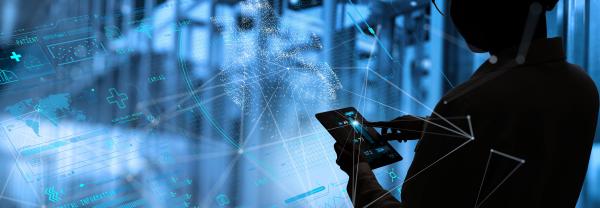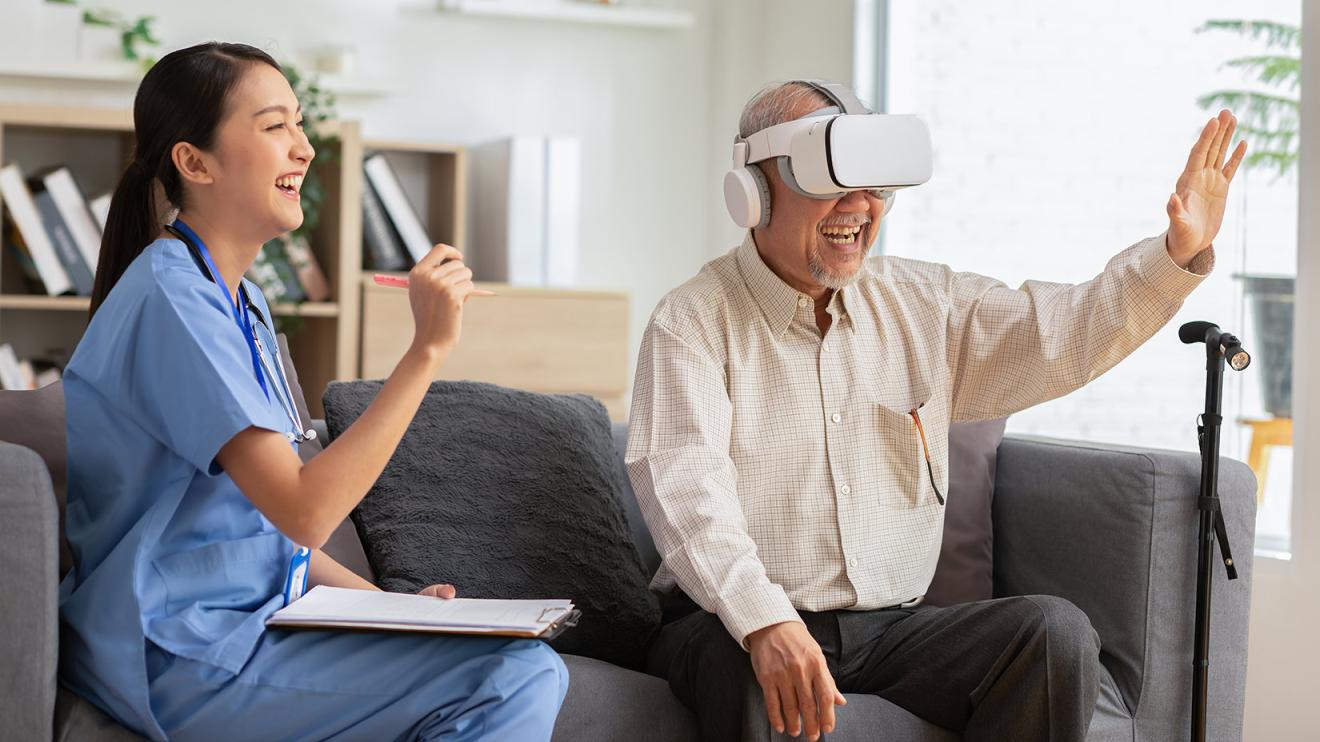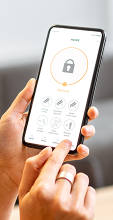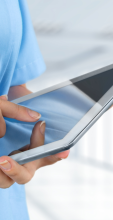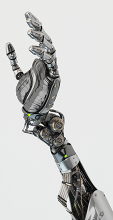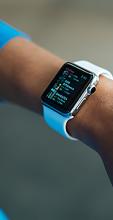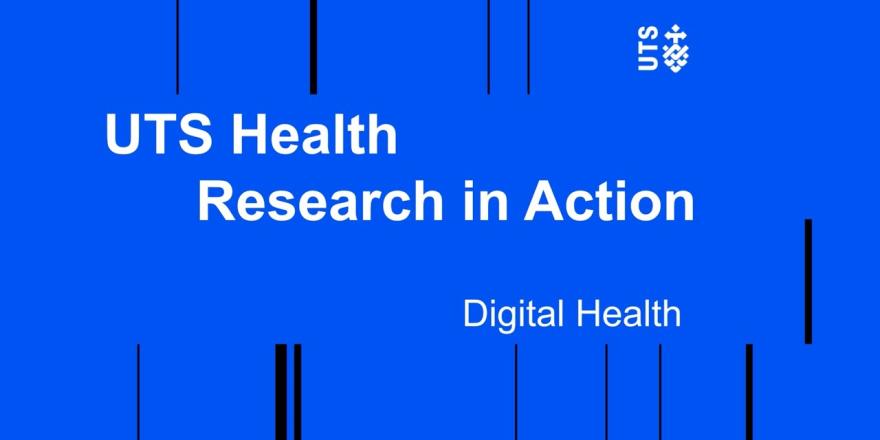-
Digital and virtual
health technologies
"The future of health is digital"
- WHO Director General at Moving Digital Policy into Action, 6 June 2022
-
Impact
Optimising health outcomes across a wide range of disciplines including research and implementation in:
-
ALLIED HEALTH
NURSING
MIDWIFERY
HEALTH ECONOMICS
PUBLIC HEALTH
SPORTS AND EXERCISE AND REHABILITATION
AGING, PALLIATIVE AND CHRONIC CARE
-
Collaboration
Our digital and virtual health technologies research and strategy brings together collaborations with key external partner organisations and pan-university collaborations to provide real value health solutions.
-
Research Strength: Digital Health
Our solutions harness the power of technology and brings together collaborations with key external partner organisations and pan-university collaboration, including the Faculty of Engineering and Faculty of Science to deliver smart diagnostics, devices, data science, AI and telemedicine solutions.
-
Prof. Angela Dawson: Welcome to the faculty of health here at the University of Technology Sydney. Our solutions harness the power of technology and brings together collaborations with key external partner organisations and Penn University collaboration, including the faculty of engineering and the faculty of science to develop smart diagnostics devices, data science, AI, and telemedicine solutions.
Dr. Mojtaba Golzan: So, the core product we've been working as part of my research, we've called it AI. AI is a all-in-one hardware and software package. And what it does, it uses the images captured from the back of the eye to analyse through artificial intelligence to detect any signs of abnormal brain pressure. Currently, the technique for measuring abnormal brain pressure is through specialised needles injected into the spinal cord or the brain. So, we're hoping by providing a noninvasive alternative, we'll be able to deliver a product that could not only minimise pain, but also eventually save lives.
Dr. Deborah Fox: The last few years we've been researching the very latest device, which is the non-invasive foetal ECG. And it's wireless and beltless and very comfortable for women to wear and much easier for midwives to use as well. We're the only midwifery team researching this technology and we were certainly the first team in the world to run a feasibility study in authentic clinical setting. So, we're very proud of that. That's very exciting. One of our key industry partners is Phillips Healthcare. So, I'm now being approached by a number of startups and small to medium enterprises to also help them with the design and implementation of new technologies.
Prof. Deborah Parker: The main strength of this partnership is the fact that it is a co-design and really collaborative approach between researchers at UTS, both in faculty of health and also faculty of engineering and IT and the Uniting research team that we work together with to get the best outcomes for the residents and the clients in Uniting.
Dr. Tom McClean: If we can introduce, for example, sensors into people's rooms or wearables or other devices to help us understand changes in their wellbeing earlier, we can respond earlier and with more appropriate care to keep people healthy and safe for longer.
Dr. Mojtaba Golzan: As researchers, I feel like we have a responsibility to give back to the community, and AI is being built with that in mind.
Dr. Deborah Fox: We all want a healthy mom and a healthy baby. It doesn't mean just physical wellness. It's also important for women to come out of their labour and birth experience with a sense of wellbeing.
Prof. Deborah Parker: So what we really want to get the message across is the importance of long-term established relationships between university partners and industry, and the benefits for everybody involved in that.
